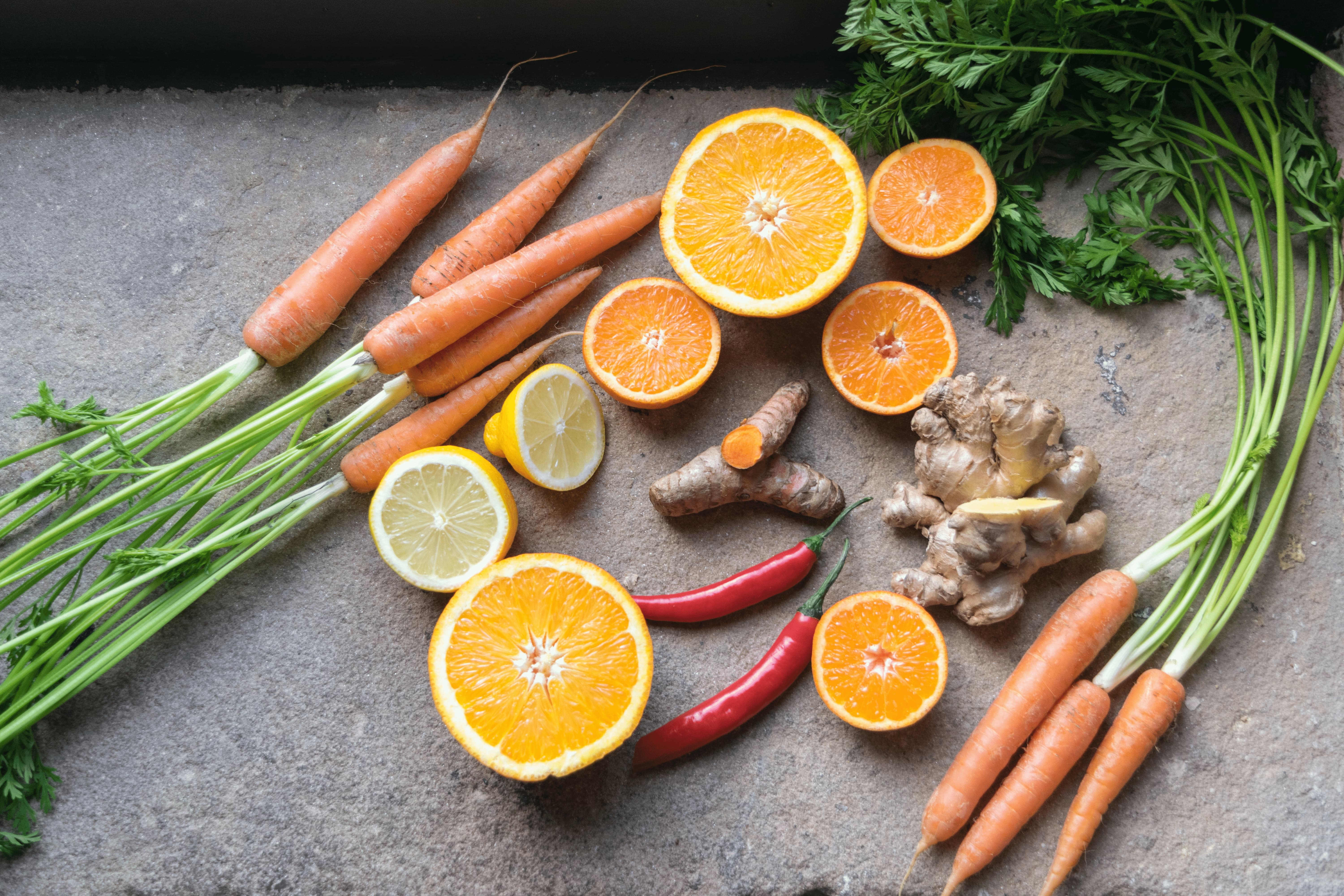15 tips to cool inflammation
Jun 06, 2022
Inflammation has been found to be the root cause of many modern-day chronic health conditions.
So what exactly is inflammation and why is it critical to flourishing in health?
Inflammation is an important natural self protecting response to potentially harmful stimuli that is a normal part of our immune response. Your body responds to a potential threat caused by an injury, high stress, surgery or an infection. All of your immune cells attend to the site to heal your would through, swelling, pain, redness. This is integral to the healing of your wound. The same happens when you contract a virus, your immune cells do what they can to “attack the virus” so you will get a fever, fatigue and some pain whilst your immune system is resolves the threat. This inflammation should be temporary and resolved after the threat has been dealt with by the immune system.
However, inflammation can become long-lasting and more problematic when it has difficulty “turning off” the immune response.
This is when unresolved inflammation turns into a chronic state. Things in our everyday life can contribute to increased inflammation. Due to environmental factors that include:
- A diet high in sugar and processed foods
- Emotional stress
- Poor sleep
- Lack of immune-supporting nutrients
- Digestive stress
- Air pollution
- Cigarette smoke.
What are the symptoms of chronic inflammation?
- Chronic fatigue
- Seasonal allergies
- Skin issues: psoriasis, eczema, dermatitis
- Mood issues: anxiety or depression
- Cognitive decline: brain for or poor memory
- Joint or muscle pain
- Weight gain, particularly around the waist
- Constant flu-like symptoms
- Digestive issues, including gas, bloating, diarrhoea, constipation, or acid reflux

Here are some useful tips to help you support your immune system balance.
Lifestyle recommendations:
- Ensure a good evening and sleep routine by reducing exposure to blue light in the evening (TV, phone, laptop etc.), and sleeping in a cool, dark room. Many research studies have now shown that lack of sleep contributes to a more inflammatory state.
- Build downtime & movement into your daily routine.
- Bringing stress back into balance is often much easier said than done, yet chronic stress simply can’t be ignored in the context of inflammation.
We now know that ongoing stress is associated with inflammatory effects throughout the whole body, including in the brain. Exercise is a great way to de-stress, as is mindfulness meditation, yoga, pilates, t’ai chi and spending time outside in nature. In fact, there are many different ways to de-stress; the most important thing to do is find what works for you and do it regularly. - Reduce your exposure to environmental toxins It’s impossible to avoid toxins completely, but there are steps you can take to reduce your overall load. By eating more organic food, avoiding plastic, and using natural skincare and cleaning products. Toxins are everywhere, in our food, water, home, work and outdoor environments, Try to get into the habit of reading labels, as unfortunately a lot of these environmental toxin offenders can come from your diet, home or personal care products and many can trigger inflammatory processes.
Phthalates (cosmetics, plastic wrap with recycle label #3 on it, some plastic children’s toys and containers)
BPA (canned foods, so go fresh)
Dioxin (animal products, so reduce protein from animal sources)
Lead (old and crumbling paint, water)
Arsenic (in drinking water and food)
Mercury (certain fish, sushi)
Per fluorinated chemicals, PFCs (non-stick cookware)
Glycol Ethers (paint, cosmetics, household cleaners)
- Check for any underlying infections or injury – Chronic viral, bacterial, parasitic, or fungal infections or unresolved injury may be factors underlying ongoing inflammation. It is important to check in with your GP or health care practitioner who can help to identify if this is the case for you and provide appropriate support where needed.
- Spend time outdoors in daylight every day - Morning sunlight helps to strengthen your circadian rhythms, and bare skin exposure to midday sun helps with the skin’s production of vitamin D; an essential nutrient for inflammation balance. Spending time outdoors in nature also supports feelings of calm and relaxation, is an effective way to de-stress and can help to improve your sleep.
A diet high in processed foods and sugars can cause a chronic inflammatory state. Through altering diet alone you can see huge differences in your overall health and wellbeing and decrease your risk for disease.
Easy dietary recommendations to include today:
- Minimise pro-inflammatory foods such as processed food, gluten-containing grains, dairy, sugar and artificial sweeteners.
- Increase foods in your diet that are high in omega-3 fatty acids like wild salmon and herring (consuming at least two to three times a week). Vegetarian You can also include chia seeds and flax seeds in your diet to boost your Omega 3s.
- Add anti-inflammatory herbs and spices to your meals such as turmeric, ginger, rosemary, garlic, cayenne pepper etc.
- Enjoy a diet rich in a wide variety of plants of different colours to ensure a diverse daily intake of immune-supportive nutrients. Increase your intake of dark, leafy greens, berries and orange and yellow fruits often.
- Include probiotic-rich foods: sauerkraut, kimchi, kefir, kombucha to support your gut bacteria.
- Boswellia – A traditional Ayurvedic remedy that has long been used to support a wide range of chronic inflammatory conditions and is now evidence-backed by scientific studies.
- Vitamin C and Citrus bioflavonoids – More than 50 years of research supports vitamin C’s role in the immune system and as a powerful antioxidant. Citrus bioflavonoids have significant
- Vitamin D, Magnesium and B vitamins – Many people are low in vitamin D and a large body of research has demonstrated anti-inflammatory effects of vitamin D. Magnesium is another key nutrient for inflammation balance; this important mineral is often low in our processed diets and yet is needed (along with B vitamins) as a key co-factor for pathways that help to keep inflammation in balance.
By incorporating just a few of these tips, you’ll be thriving in no time!

